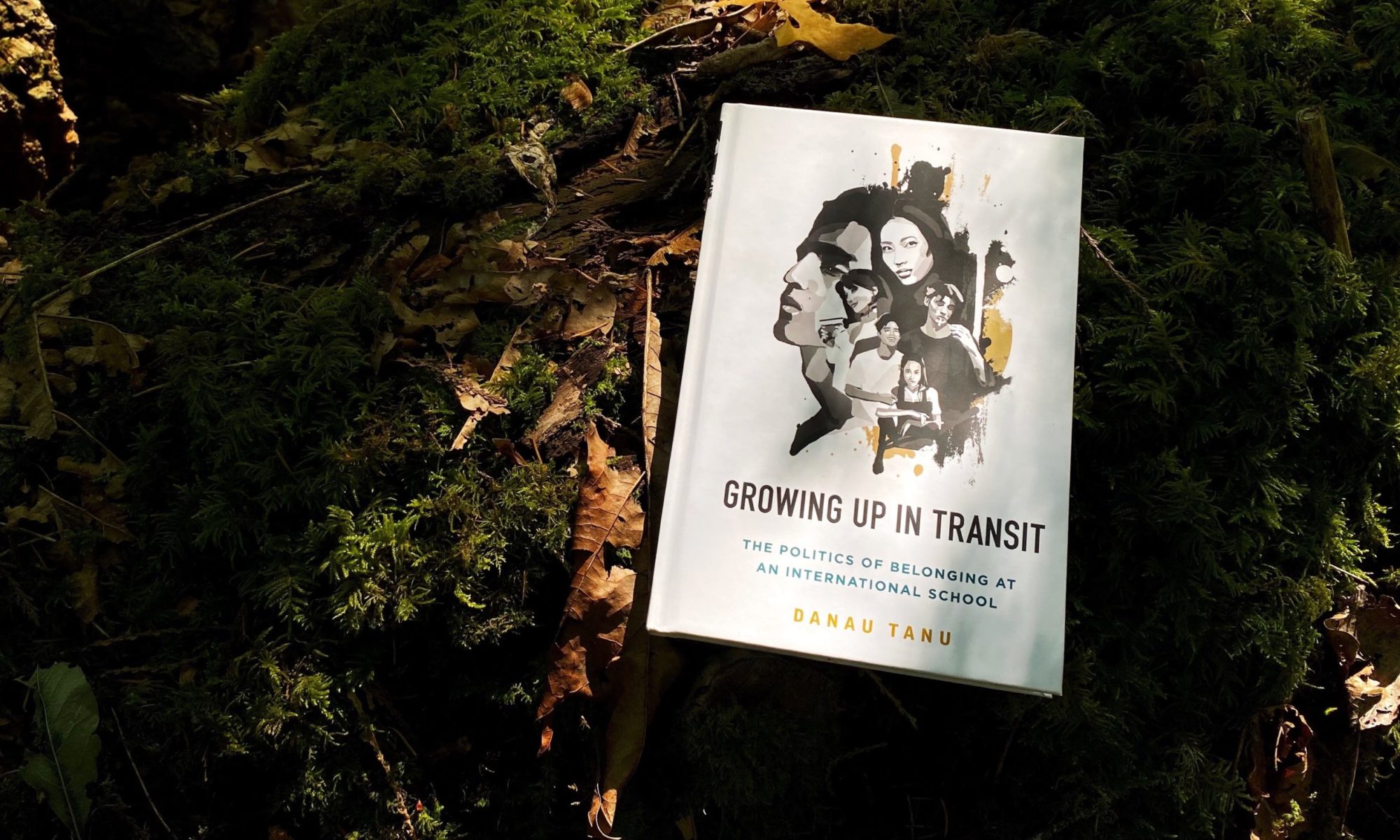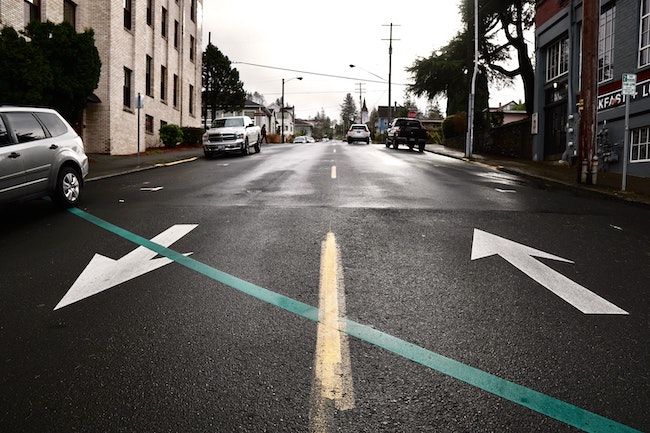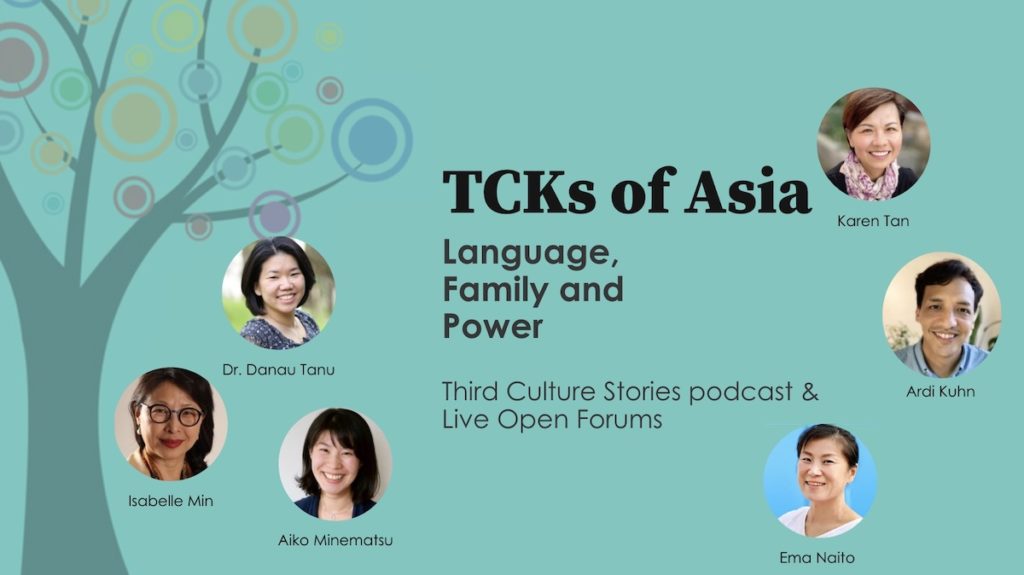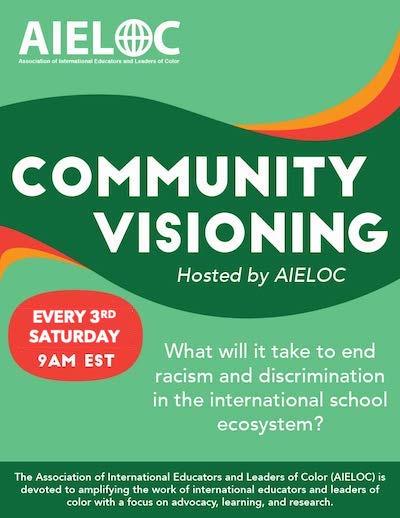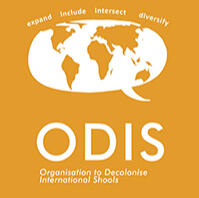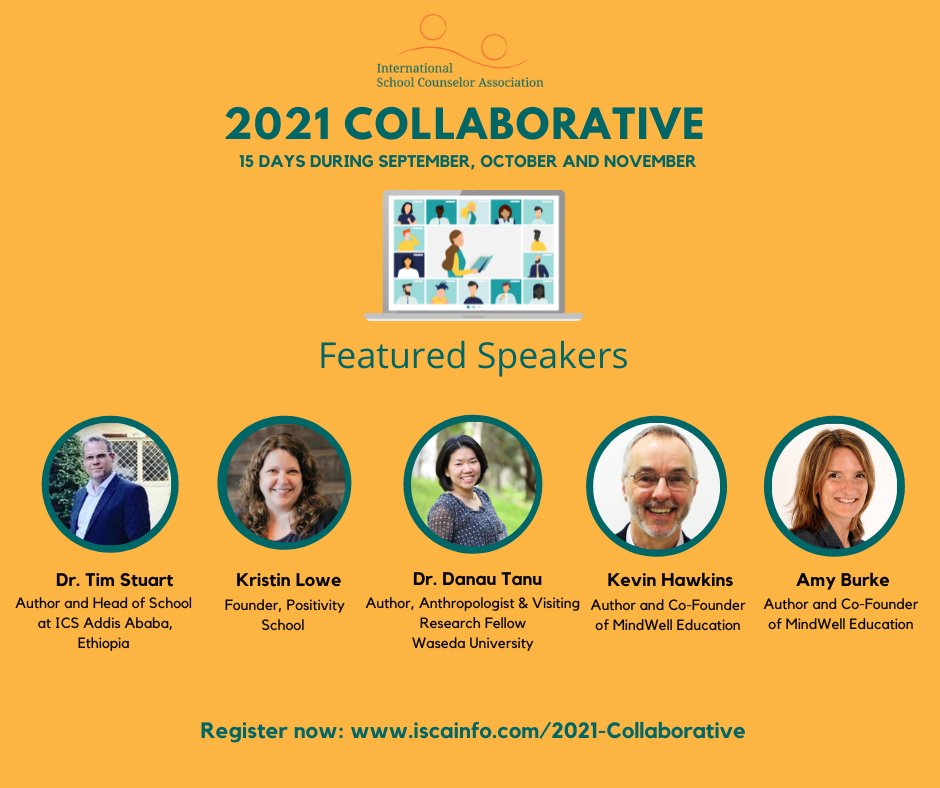25 November 2021 – This is an online handout for Training 2 for the International School of Geneva.
- What does creating a truly inclusive international curriculum look like?
- How can we ensure the curriculum helps students feel ‘seen’?
- How do we decolonise the curriculum?
Slides
The slide deck from ‘Training 2: Creating an Inclusive International Curriculum’ is available in PDF format.
Past session – Training 1: TCKs & Diversity
If you missed it, see the online handout (August 2021)
Optional readings
These three short, easy-to-read articles offer a brief introduction to the core topics.
- Strange Bedfellows: When “Race” Isn’t Always About Race. (The International Educator (TIE Online). September 16, 2020.)
- Osmosis: When Children Internalize Racism Through School. (Originally published on October 14, 2020.)
- The Hidden Curriculum. (Originally published on February 16, 2021.)
These articles include extracts from Growing Up in Transit: The Politics of Belonging at an International School. You can also download the free introduction.

Resources from the session
I mentioned other resources during the presentation but I’ve only included those that are most relevant for international educators or are easy to read/watch. The more subject specific resources can be found on the slides for those interested.
Third Culture Kids: Growing Up Among Worlds, 3rd Edition – Pollock, Van Reken & Pollock (2017)
Growing Up in Transit: The Politics of Belonging – Danau Tanu (2018, 2020)
Decolonising Education: From Theory to Practice – A free and easy-to-do online course offered by the University of Bristol. It includes subject specific discussions. (RECOMMENDED)
Reflexivity in Anthropology – a summary
Edward Said on Orientalism (video)
Review of Nurturing Indonesia: Medicine and Decolonisation in the Dutch East Indies (2018) in New Mandala.
Learning to Labour: How working class kids get working class jobs – Paul Willis (1977)
The Global Imaginary of International School Communities – Heather A. Meyer (2021)
Representation Matters: Why Students Need to See Themselves in Your Classroom – in ReadTheory
Why Representation in Classroom Books is Important: Culturally Inclusive Books – Valentina Gonzalez (2019)
Tanya Crossman is author of Misunderstood: The Impact of Growing Up Overseas in the 21st Century and expert on TCKs who shared the story about the Polish student with me. See her website and list of recommended resources.
Concepts
Self-reflexivity
- Context
- Positionality
- Objectivity
Essentialism
- Am I prescribing immutable descriptions to people groups?
Dichotomous analyses
- Am I prescribing immutable differences between people groups?
Interconnectivity – of events happening at the same time
- How are events that occur in different parts of the globe interlinked?
- What does the same event look like from a different perspective?
Continuity
- How are the past & present interlinked?
- What are the cultural legacies of colonialism?
- How do they appear today?
Power relations
- Whose perspective does it represent?
- What is their relation to the historical, social and cultural context?
- Do they benefit from it?
- Whose perspective is missing in relation to power?
Mirror
- (See this article)
- Who is missing?
- Can students see themselves in the curriculum?
- Can they relate to the reflection that they see?
- Does the reflection they see build and empower them?
Summary questions
- What is the historical, social and cultural context of the material? How does that influence the way we present the material?
- Whose perspective is being represented?
- Will students feel ‘seen’? Will they feel empowered?
- Who is missing? Why?
Additional resources
- The Danger of a Single Story – TED Talk by author Chimamanda Ngozi Adichie
- See more here.
